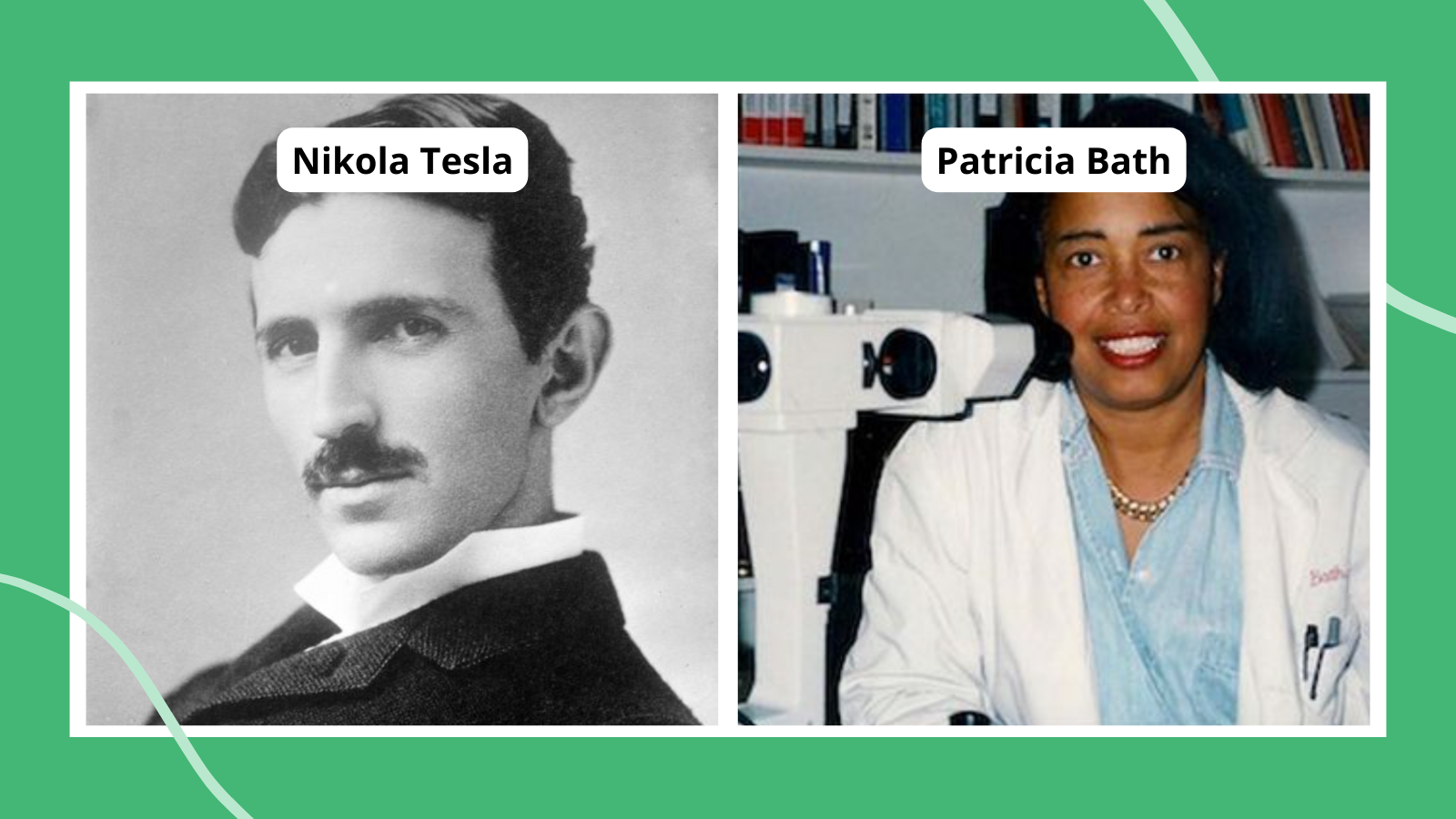In the past year’s news cycle, we have seen university presidents arraigned before Congress and levels of student activism unseen in decades. Whether spun positively or negatively in media coverage, unfortunately such events are now the only types of public engagement some individuals and communities associate with universities.
At a time when universities are under attack on multiple fronts, many point toward a need for publicly engaged scholarship to reframe adversarial agendas, tackle the perceived insularities of higher education, and build trust with communities. Some disciplines are already heavily invested or recovering their roots in publicly engaged research, promotion of “pracademic” models, and the necessary reforms to incentivize such work. With community engagement often relegated to faculty members’ service or outside activities, these projects seek to shift public work to the center of scholarship.
Although there is still progress to be made, universities can increase their engagement with the public by adopting and supporting their service to students and stakeholders. This can be done by supporting or adding community-engaged teaching in the form of HyField classes.
HyField courses operate partly online with lectures and theory-based learning and discussions, and partly out in the field, where students gain hands-on experiences in connecting with public and private organizations. This modality of teaching is made specifically for students to engage in experiential learning, public service, and working with and making contributions to the communities around them. And that’s partly what is distinctive about these classes. Different than solo internships, these courses focus on making collective contributions to the communities around them, while offering students other benefits such as insights about industries and connections with jobs.
What does this look like in practice? As part of a report to our college, we conducted a survey with responses from close to 200 part- and full-time faculty members. We sought to find out what instructors are already doing and hope to do in this area. Across surprising disciplines, we discovered a stunning breadth and depth of activity, to get students out into the community and engaged with the government, nonprofits, businesses, and other organizations. We heard about classes that travel to different states each year to report on local issues such as drought, housing, and poverty, conduct market research with local businesses, visit parks to learn about ecosystems and conduct soil testing for signs of environmental degradation, interview nonprofit leaders working on immigration, use walking tours to learn about city planning and the history of the buildings in an area, and even engage with local museums to bring subjects like math to life.
Each of these examples embodies the HyField modality of learning by experience or doing. If, as psychologist Kurt Lewin said, “There is nothing more practical than a good theory,” then this modality introduces students to the ongoing symbiotic and contextual relationship between theory and practice that is fundamental to every discipline and human development. HyField moves beyond the options of “on campus” or “online” (or hybrid) classes to both categorize and endorse field-based learning. Some classes can take place in physical campus classrooms, but since there’s often time, travel, and other resources needed for the field-based aspects of the course, it can work better to implement all lectures and discussions in synchronous or asynchronous formats online.
Yet, to make community engaged “HyField” teaching matter, faculty, administrators, and higher education policymakers must make it a systemic rather than ad hoc feature of university life. We spoke with dozens of professors and experts across the U.S. and Canada who have worked with community-based teaching and learning in some capacity. Some are working on cross-campus initiatives in newly formed Experiential or Community Engagement offices or have simply managed to incorporate community-directed learning in their individual courses. We discovered that schools such as the University of Michigan, the University of Tennessee at Knoxville, and Elon University in North Carolina have made community engaged teaching a consistent and sustained focus in their curricula and in each student’s graduation requirements for some time.
When we asked our Baruch College faculty what they needed for community engaged learning, they said funds to create field trips to discipline-relevant organizations, a means to teach courses abroad, support for gathering stakeholder data from local institutions, access to repositories of guest speakers and alumni who they could contact, mentorships and consultancy projects, consistent support for taking students to local arts performances or concerts, and more. All this underscores the need to move beyond the “let a thousand flowers bloom” approach, as the adage goes, to engage in coordinated support and sustained action that can make a difference in connecting with local communities.
Most university missions that we can find have some element of public service baked into their very wording. Community engaged “HyField” teaching provides one way to revitalize support for these missions and build bridges with people who have clearly lost connections to the outstanding work that faculty, staff, students, and administrators are carrying out every day within universities. In the same way that the presence of local doctors can cut through the noise and increase citizens’ trust in getting vaccinated, the presence of local academics and their students in communities could make a substantial difference in creating understanding and justification for disciplinary work. While leaving targeted percentages and discipline specific details for operationalizing this type of teaching to faculty governance, we’d advise that every college or university system at least jumpstart this process by making HyField a legitimate and expected category of teaching in their course offerings.
Disconnects have been forming for years between universities and their external communities. Expanding local field-based teaching through “HyField” courses can play a part in building the connections desperately needed between them.
Don Waisanen is a professor in the Marxe School of Public and International Affairs at Baruch College, City University of New York. His research focuses on how public and leadership communication works to promote or hinder democracy.
Amanda Copkov received her master of international affairs degree from CUNY Baruch College’s Marxe School of Public and International Affairs in 2023. Now working in development and fundraising, she remains passionate about higher education, culture, socially engaged community initiatives, and taking learning outside the classroom.
References
Bhaskara, V. (2023, July 7). DEI is under attack at colleges and universities.Forbes. https://www.forbes.com/sites/vinaybhaskara/2023/07/07/dei-is-under-attack-at-colleges-and-universities/?sh=92e70d87dae3
Brown, A. (2018, July 26). Most Americans say higher ed is heading in wrong direction, but partisans disagree on why. Pew Research Center. https://www.pewresearch.org/short-reads/2018/07/26/most-americans-say-higher-ed-is-heading-in-wrong-direction-but-partisans-disagree-on-why/
Cineas, F. (2023, June 17). The “anti-intellectual attack” on higher ed will take years to undo. Vox. https://www.vox.com/policy/23762357/republican-attack-higher-education
Experience learning. (2024). The University of Tennessee Knoxville. https://experiencelearning.utk.edu/
Experiential learning. (2024). Elon University. https://www.elon.edu/u/admissions/undergraduate/explore/experiential-learning/
Fischer, K. (2023, August 23). The insular world of academic research. The Chronicle of Higher Education. https://www.chronicle.com/article/the-insular-world-of-academic-research
Hallman, S. K., Kusano, S. M., Matney, M. M., Conger, A. J., & Pepple, M. (2017). Engaged learning at Michigan: Understanding the impact of the Transforming Learning for a Third Century initiative. University of Michigan Office of the Provost. https://engaged.umich.edu/wp-content/uploads/2018/06/TLTC-Report-2018_FINAL.pdf
Hartman, D. (2022, Winter). Community engaged research: What it is and why it matters. Footnotes. (American Sociological Association). https://www.asanet.org/footnotes-article/community-engaged-research-what-it-and-why-it-matters/
Johnson, S. R. (2022, February 28). Doctors can be key to higher Covid vaccination rates. U.S. News and World Report. https://www.usnews.com/news/health-news/articles/2022-02-28/primary-care-doctors-can-be-key-to-higher-covid-vaccination-rates
Lewin, K. (1952). Field theory in social science: Selected theoretical papers. London, UK: Tavistock.
Marcus, J. (2023, July 23). What’s in a word? A way to help impatient college students better connect to jobs. The Hechinger Report. https://hechingerreport.org/whats-in-a-word-a-way-to-help-impatient-college-students-better-connect-to-jobs/
Posner, P. L. (2009). The pracademic: An agenda for re‐engaging practitioners and academics. Public Budgeting & Finance, 29, 12-26.
Waisanen, D. (2022). A future for community engaged learning at Baruch College. Baruch College Office of the Provost. https://provost.baruch.cuny.edu/wp-content/uploads/sites/5/2022/05/FUTURE-OF-CEL-FINAL-DRAFT.pdf
The post Revitalizing University Missions with Community-Engaged HyField Teaching appeared first on Faculty Focus | Higher Ed Teaching & Learning.
In the past year’s news cycle, we have seen university presidents arraigned before Congress and levels of student activism unseen in decades. Whether spun positively or negatively in media coverage, unfortunately such events are now the only types of public engagement some individuals and communities associate with universities. At a time when universities are under attack on multiple
The post Revitalizing University Missions with Community-Engaged HyField Teaching appeared first on Faculty Focus | Higher Ed Teaching & Learning. Course Design, community service learning, HyField, HyField teaching Faculty Focus | Higher Ed Teaching & Learning








